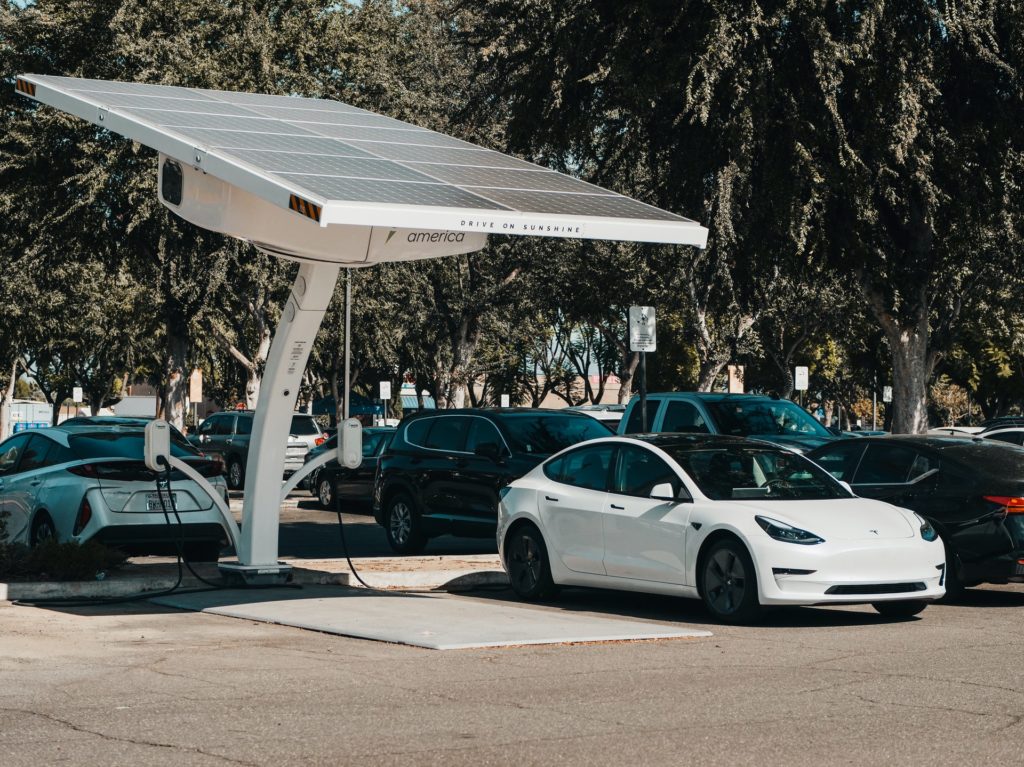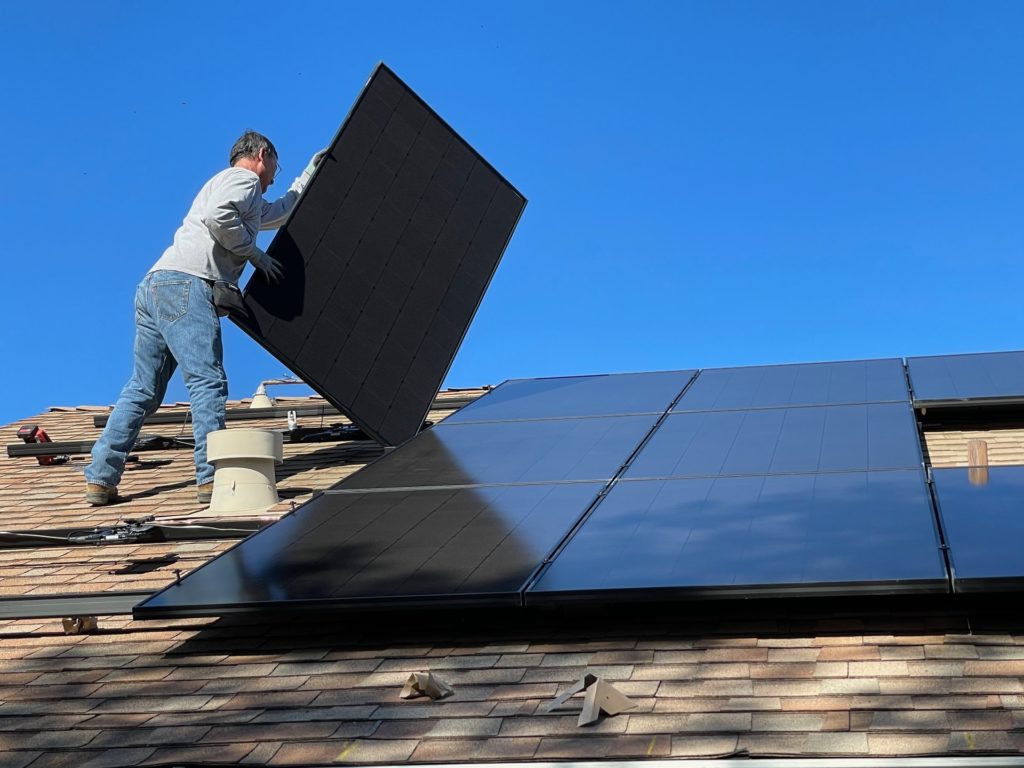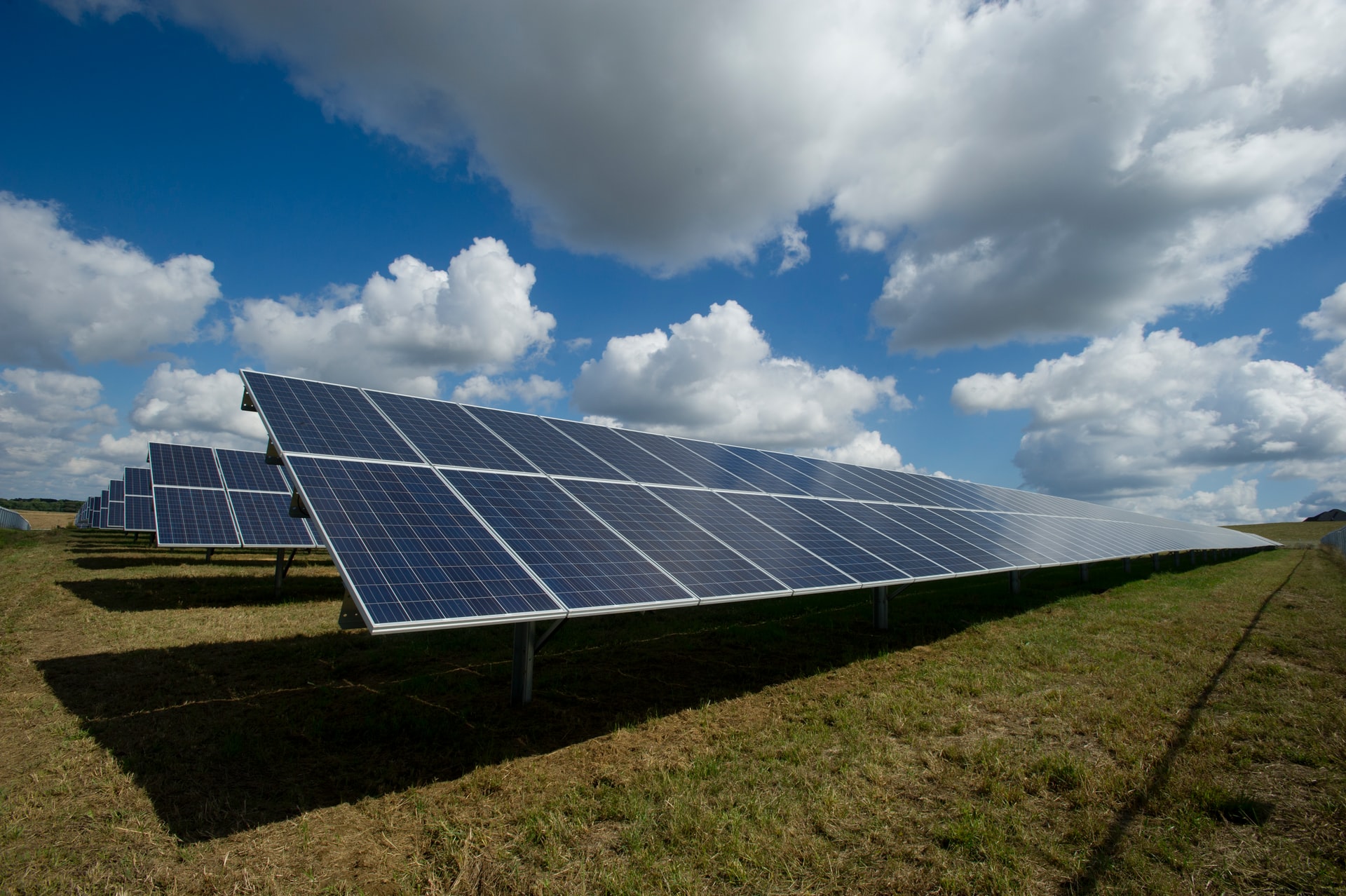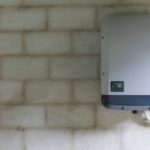As solar panel technology is advancing year-on-year, you might be wondering whether going solar is worth it. There are many states in which going solar is a win-win, but what about solar panels being worth it in Texas? In this article, we’ll be taking a closer look at the benefits of going solar in the lone star state.
There are numerous reasons why someone might want to switch to solar energy, not least of them being a significant reduction in your utility costs. There are also longer term benefits, like boosting the value of your home by roughly 4.1% on average.
It’s worth mentioning that the Federal Government offers a dollar-for-dollar reduction in your federal tax, known as the Federal Solar Investment Tax Credit (ITC), which is equivalent to 26% of the cost of the solar energy system you install.
Key Statistics
The average monthly electric bill for a Texas resident is roughly $128. Taking into account the fact that Texas electricity rates are less than the U.S. average at 10.98 cents/kWh, this shows that Texans are simply consuming more energy. By switching to solar energy, each household can expect to save money, around $2,000 on their electricity bill annually.
There are, on average, 235 days of sun in Texas, which means that a solar panel system won’t go to waste. This high number of sunny days means that a solar panel system will work with greater efficacy. It’s worth noting that the position and orientation of solar panels plays a vital role in getting the most out of solar energy.
As mentioned above, installing solar panels makes you eligible for the government’s tax credit rebate. This means that you can offset a certain percentage of your solar panel system cost against IRS taxes the year after they’re installed. As it’s dollar-for-dollar, if you owe $5000, for example, but get a rebate of $1000, you’ll only have to pay $4000.
The rebate for solar panel installation and use is currently 26%. So for example if your solar system costs $20,000 the tax rebate would be $5,200 (20000 x 26% = $5,200).
Texas is one of the largest carbon emitters in the United States. This is hardly surprising considering that Texas has a large population and a large economy. This being said, the Texas solar energy movement is booming with over 250,000 renewable energy jobs being created.
General Benefits Of Solar Energy

There are a number of non-specific benefits to installing solar panels aside from the obvious reduction in utility costs associated with solar energy.
There are typically minimal maintenance costs involved once you have installed the panels. If they are damaged by storms or other natural events, this is usually covered by your homeowner’s insurance or your system’s warranty.
Another incentive, other than the federal tax credits, is something known as net metering. Put simply, net metering is an agreement between you and your utility company which offers you credits on your electricity bill by rolling over any excess solar energy to your electricity company.
They are massively beneficial to the environment. By harnessing the energy from the sun, your home or business will be less reliant on the electric grid. 59.6% of the nation’s net source of electricity is generated by burning fossil fuels and natural gas.
Off the back of being beneficial to the environment, they also increase energy independence. Having solar energy as your main source of electricity frees you from relying solely on energy companies.
Logically, by having greater energy independence, you’ll also be protected from power outages. So even if the grid goes down, you won’t need to go without electricity. By installing a high-capacity solar battery, you can safely store the excess energy for a rainy day.
Disadvantages Of Solar Energy
Whilst we would argue that the benefits of solar energy outweigh the disadvantages, it’s worth noting that there are some downsides to solar energy.
The main one is the upfront cost. Whilst this is dependent on the size of the system along with the brand of solar panels, generally speaking this is important to consider. There are ways to offset the out-of-pocket costs, such as being eligible for federal, state, and local solar rebates, which could bring down the solar system cost.
The payback period can be a long time. It’s wise to consider solar energy as a long term investment and as such it may take some time to see returns on your investment. This is despite your chose of paying cash or financing the system.
If you’re not planning on staying in your home for the length of the payback period, then the increase in your home value will likely offset the initial investment, if you aren’t planning to move home for one to two years.
Is Going Solar The Right Step For You?

If you’re considering going solar, it makes sense to work out if this is the right step for you. We’ve included some questions to consider before making your decision.
How Much Do You Currently Pay For Electricity?
This may seem like a non-starter, however there is a logic to the question. If you have high electricity bills, installing solar panels will return their investment quicker, as the value of producing your own electricity is higher.
Does Climate Impact Solar Energy Viability?
Despite the fact that going solar pretty much anywhere in the US has its benefits, some places get more yearly sunlight than others. This logically means that if you live in an area with higher solar exposure, the panels will be more effective.
Are Solar Panels Worth It In Texas?
The short answer, given the reasons above, is yes, solar panels are most certainly worth it in Texas. Texas’s annual sunlight alone is a worthy reason to install solar panels. However, there are a growing number of cost-effective incentives if money is stopping someone from going solar. Whilst the initial investment could be considered high, they will save you money in the long run.











